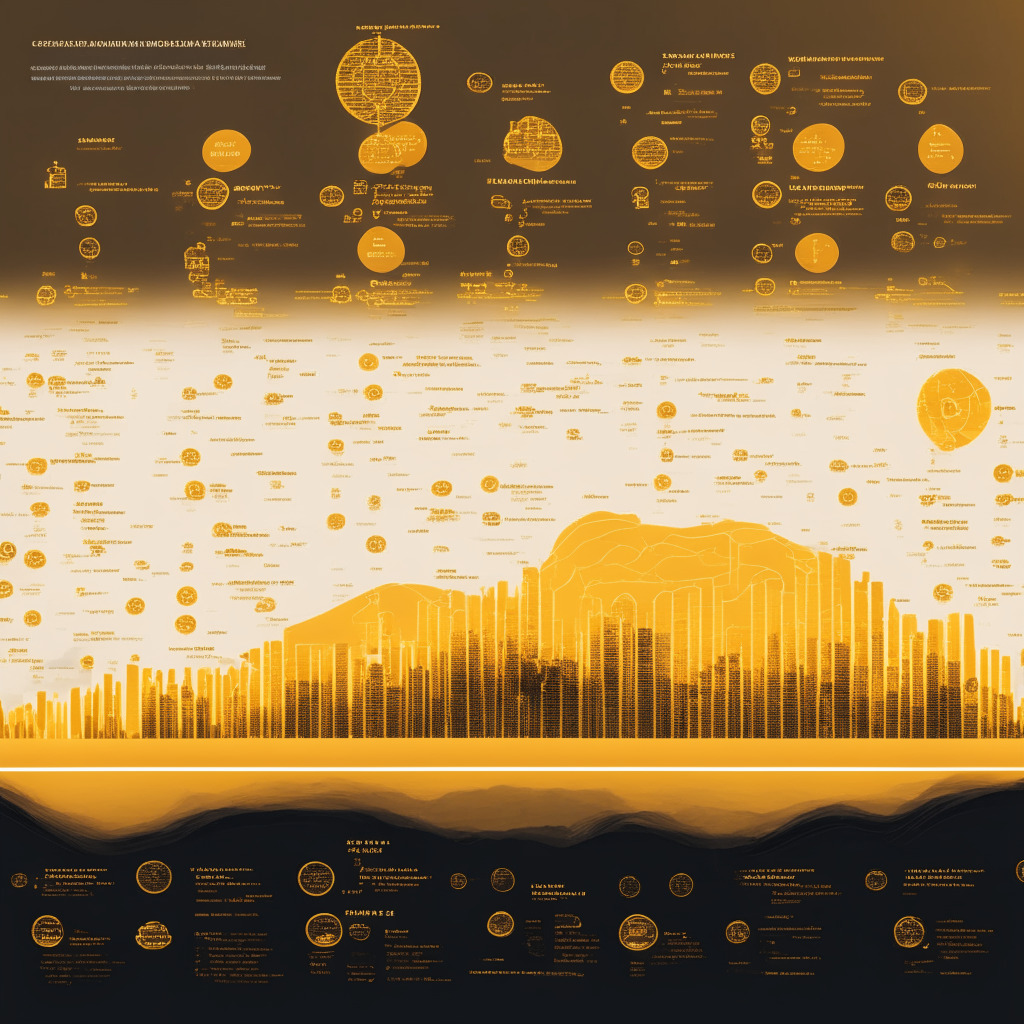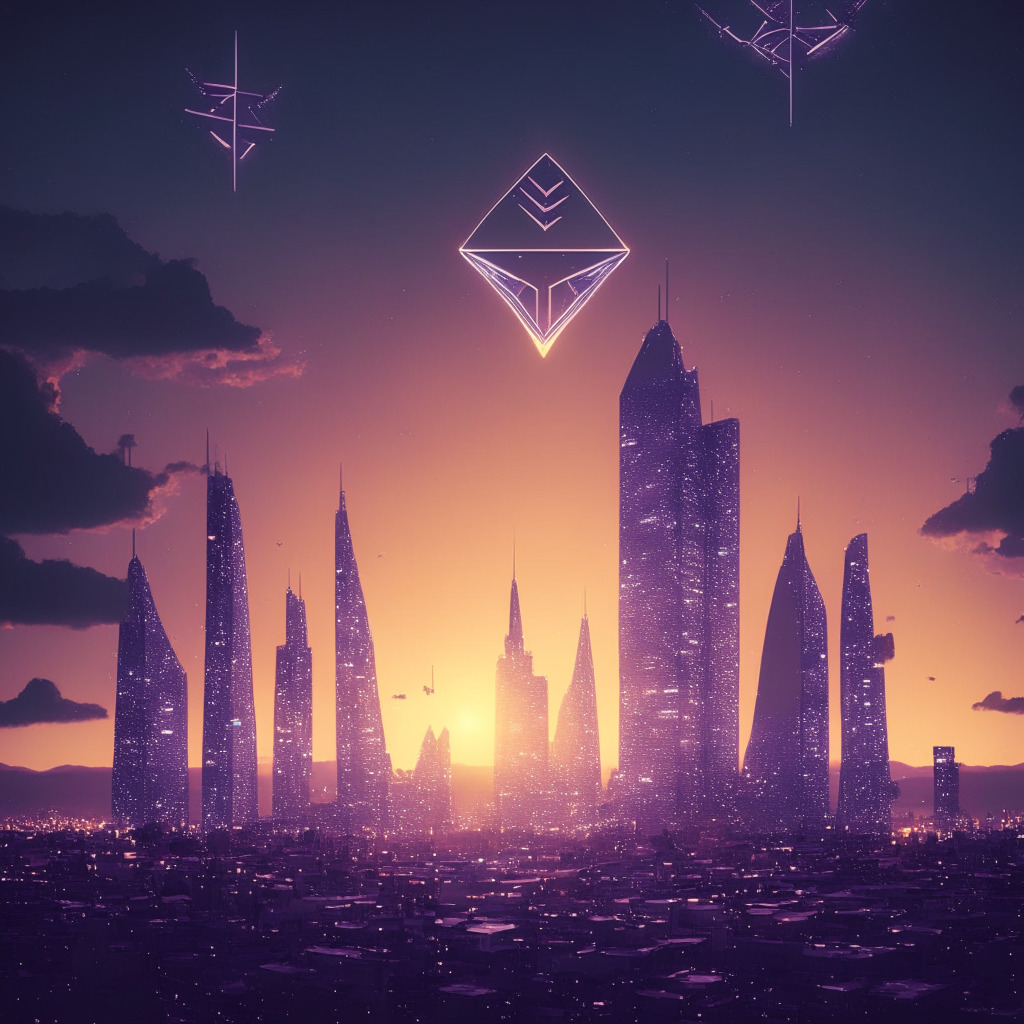The word on every crypto enthusiast’s lips recently is tokenization. In its essence, tokenization uses blockchain tech to monetize tangible assets such as properties, or intangible assets, like cryptocurrencies. Cryptos have been longtime victims of ridicule for their absence of tangible value and link to conventional cash flows, yet increasingly, blockchain technology is gaining mileage for its potential to make such assets not only tradable but more transparent. This feeds into the rising narrative that despite having a foundational base that is established within the real-world assets (RWA) crypto domain, there is always room to explore the potential of derivative, swap, and fixed income security systems thanks to blockchain’s interoperability.
Pendle Finance, a DeFi platform that enables users to hedge RWA, may play a pivotal role in ushering institutional investors’ new wave. Echoing its effectiveness, the CEO of the platform claims, “Fixed Yield and RWA have some of the largest addressable markets that remain untapped in DeFi.”
Coinciding with Pendle, Maple Finance, an on-chain credit protocol, is also demonstrating blockchain’s pivotal role. After a wave of defaults, the protocol is making a comeback intending to target Asia for customer growth. The founders, recovering from their setback, have not only secured a $5M investment round but also received commitments from other Solana protocols to use their relaunched service.
Likewise, California-based startup Dinari is working to tokenize shares of renowned corporations like Tesla Inc., Walt Disney Co. and Nvidia Corp., thereby enabling investors outside the U.S. to buy these tokens using stablecoins like USDC and tether. This initiative has won the good graces of investors like Susquehanna International Group and Balaji Srinivasan who believe Dinari may have stumbled onto a viable plan.
However, the broader implications of tokenizing user engagement are also subject to the careful examination of social media activities highlighted in a paper published in the esteemed Science Journal Nature. The authors expressed concerns that such incentives might increase the sharing of misinformation.
The Central African Republic (CAR) is closely following Australia’s digitization path, aiming to tokenize its fiat money according to a report on the conclusion of recent Central Bank Digital Currency (CBDC) pilot programs. The RBI believes CBDCs can fortify services beyond the scope of existing payment systems.
Finally, the land and natural resources in the CAR are being tokenized using the national Sango blockchain. Despite the country’s wavering stance on cryptocurrencies, the digitized economy could be a potential prototype for other countries. So, the burning question remains as we delve deeper into this transformative era: are we adequately equipped to navigate the challenges and benefits of the tokenization wave?
Source: Coindesk




